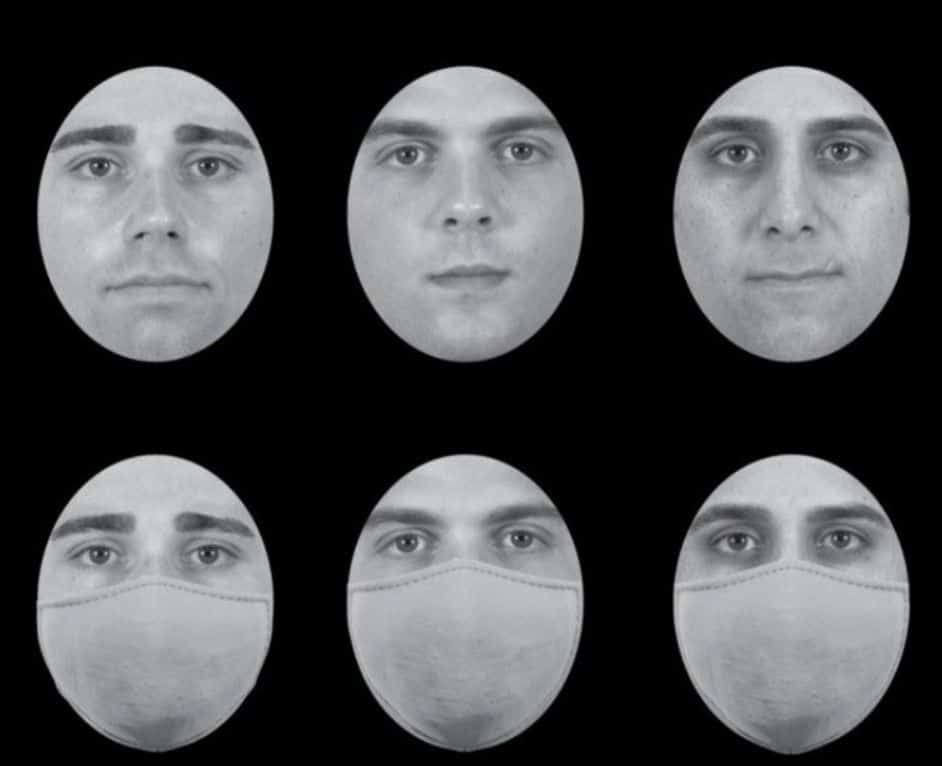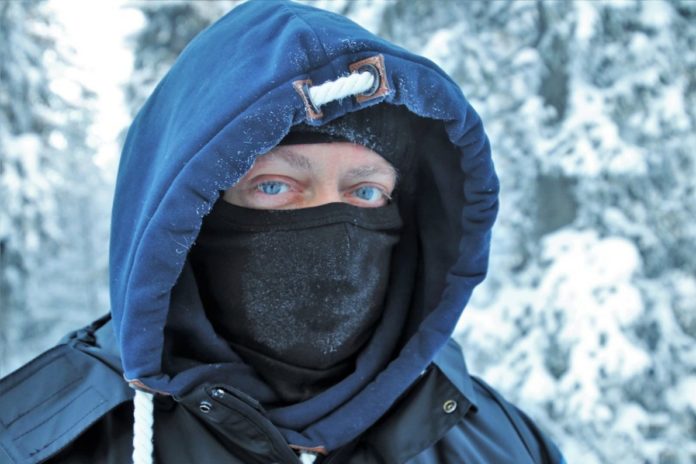An impact of mask use on human contact has emerged in recent research, adding new data to how the pandemic has changed our interpersonal relationships
Personality cognition is a rare disorder characterized by the inability to recognize faces. Although this disorder is not the result of a pandemic, it seems that the daily use of the mask does a similar job, according to a recent study, as we often find it difficult to identify familiar faces in random encounters.
The results of the study, which was conducted with 500 volunteers, where they were asked to identify people with or without a mask, show that the mask reduced the chances of recognizing a person by 15%, with researchers concluding that the masks interfere with the process of identifying aa person’s overall facial image, prompting people to process specific features such as eyes or the cheekbones, a process that requires more time and yields less accurate results.
- Scientists in Fear of This New Predator From Red Sea Eating Native Species in Mediterranean
- Does This Mean We Stopped Being Animal and Started Being Human Due to ‘Copy Paste’ Errors?
- The One Lifestyle Choice That Could Reduce Your Heart Disease Risk By More Than 22%
- Aging: This Is What Happens Inside Your Body Right After Exercise
- Immune-Boosting Drink that Mimics Fasting to Reduce Fat – Scientists ‘Were Surprised’ By New Findings
As Tzvi Ganel from Department of Psychology, Ben-Gurion University of the Negev in Israel and Erez Freud an Assistant Professor of Department of Psychology and the Centre for Vision Research, York University, Toronto explained that “Faces are among the most informative and significant visual stimuli in human perception and play a unique role in communicative, social daily interactions.”

The mask obstructs the work, significantly obscuring this basic visual identity of the people.
Masks, in addition to a necessary and compulsory precautionary measure that has been concerned with its effects on health – issues to which the respondents have adequately answered, suppressing any cause for concern – take on a new dimension, researchers argue, with implications for social life, everyday life, interpersonal relationships or even education.
The use of the mask and its regulatory character worldwide should be the focus of experts on the social and psychological effects on human behavior, Dr Ganel concluded, noting that recent findings are only part of the overall picture.
